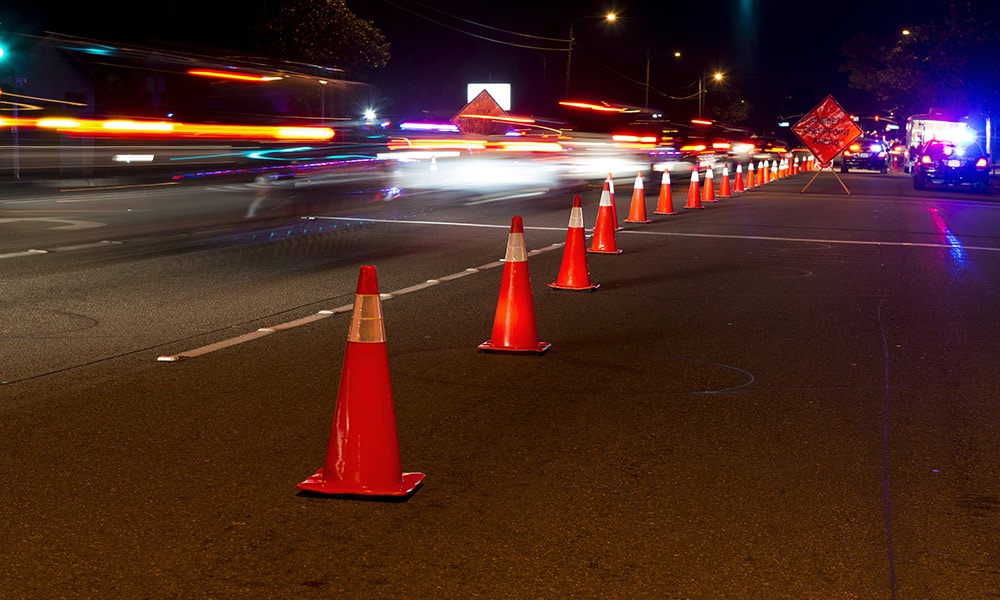If your child is accused of a crime, a great deal is at stake. Depending on the details of the case and its resolution, the consequences of a teenager’s criminal behavior can follow that young person into adulthood – and cause lasting difficulties. Can a Denver criminal defense lawyer help?
In the state of Colorado, can a juvenile offender’s criminal record be used against that person as an adult? Probably not in most cases, but there really is not a clear “yes or no” answer to the question. The best answer is this: “It depends.”
But keep reading, because this is a brief introduction to the laws and procedures that govern juvenile records in Colorado. You are about to learn:
1. which juvenile records are automatically sealed and expunged – and which are not
2. what sealing or expunging a juvenile record really means and accomplishes
WHICH CRIMINAL RECORDS CAN BE SEEN BY THE PUBLIC?
Most Colorado criminal justice records are available to the public under the Colorado Open Records Act. Some limits are placed on the public’s access to juvenile records, but if you are an adult with a juvenile record, you need to know the law, and you may need to take some action.
In 2017, Colorado Governor John Hickenlooper signed a bill into law which automatically expunges the juvenile records of teens who were acquitted, had the case dismissed, or have completed their sentences – for misdemeanors and petty offenses.
WHICH COLORADO JUVENILE RECORDS CANNOT BE EXPUNGED?
The law in Colorado, however, continues making the most egregious juvenile offenders ineligible for expungement, including anyone who has been adjudicated:
1. as a repeat, violent, or aggravated juvenile offender
2. for a homicide or vehicular homicide as a juvenile offender
3. for a felony offense involving unlawful sexual behavior
The law which took effect in 2017 requires the state to provide juvenile offenders with a written notice that they have a right to expungement and the expungement process. Additionally, the law prevents prosecutors from asking juvenile defendants to waive that right in a plea negotiation.
WHAT CAN HAPPEN WHEN A JUVENILE RECORD IS NOT EXPUNGED?
But apart from the legally-required notification of the right to expungement, Colorado does not tell young people any additional legal details about their juvenile records – or about the ways that a person’s juvenile record can be used against that person as an adult.
A juvenile record that has not been expunged may adversely affect someone as an adult by significantly limiting that person’s educational and employment opportunities.
Information about juvenile arrests and convictions is sometimes made available to government agencies and other parties, but only in the narrowest and most limited circumstances.
WHO CAN SEE SOMEONE’S JUVENILE RECORD – AND WHY?
Schools are entitled to any available criminal record information about a juvenile, provided that the school authorities require the information to fulfill legal responsibilities or obligations.
To “promote school safety” and “assist disruptive children,” Colorado lawmakers give the schools in this state full access to the juvenile records of the school’s students and prospective students.
Pertinent Colorado juvenile records are also made available to:
1. the Colorado Bureau of Investigation when the CBI conducts background checks for gun purchases
2. the Colorado Department of Education when it conducts background checks on prospective employees
3. the Colorado Department of Human Services
4. this state’s Assessment Centers for children
WHICH EMPLOYERS HAVE ACCESS TO JUVENILE RECORDS?
Outside of education, private employers in Colorado have no access to juvenile records. In most cases, the state’s police agencies may not share any information from juvenile arrest records with the public.
However, the public may access juvenile records for juveniles currently in custody who have been charged with or deemed delinquent for crimes involving handguns and crimes that are considered felonies when they are committed by adults.
Additionally, a juvenile record is accessible to the public when a charge is filed against an older juvenile for committing what would be a sex crime if the alleged offender were an adult.
CAN YOU SEAL OR EXPUNGE YOUR COLORADO JUVENILE RECORD?
You have the right to petition for the expungement of your Colorado juvenile record unless you were deemed an aggravated or violent juvenile offender. Expungement lets you, and it also lets the state of Colorado, say that your offense never happened and that no record of it exists.
Juveniles who complete a diversion program or receive informal adjustment qualify for expungement after one year.
If your juvenile record is not automatically expunged – that is, if you were convicted of a crime other than a petty offense or a misdemeanor – speak about expungement with an experienced Denver DUI attorney.
HOW CAN A CRIMINAL DEFENSE LAWYER HELP?
A defense lawyer can determine if you qualify for expungement; if you do, your domastic violence attorney can guide you through the process. When the court receives your expungement request, the court may or may not conduct an expungement hearing, and your record may or may not be expunged.
Even when a juvenile record has been expunged in Colorado, it remains accessible to the state’s judges and probation officials if you face sentencing for any future Colorado criminal conviction. It also stays available to educational employers through the Colorado Department of Education.
Apart from public, private, and charter schools in this state, Colorado employers generally cannot access juvenile records. When it conducts a background check, Colorado’s Education Department is given full access to arrest, court, and probation records, and even to fingerprints.
However, no employer in this state, including the Education Department, may look at someone’s expunged record without showing cause to a judge and getting a court order.
WHAT SHOULD PARENTS KNOW?
If your child is arrested for any reason in Colorado, an experienced Denver criminal defense attorney can help, but you must put a good defense lawyer on the case immediately.
Our state’s juvenile justice system takes into account both the severity of the alleged crime as well as the background and circumstances of an alleged juvenile offender. Rehabilitation, not punishment, is the juvenile justice system’s goal.
Nevertheless, juveniles enjoy the same rights as adults, and prosecutors still must prove that a defendant is guilty beyond a reasonable doubt in order to obtain a conviction. An experienced Colorado defense lawyer can give families in these cases the advice they need.
In Colorado, if you need to have a criminal conviction expunged, or if your child needs to have a juvenile record expunged, speak to a criminal defense lawyer at once. Nothing is more important than our kids and their futures.








